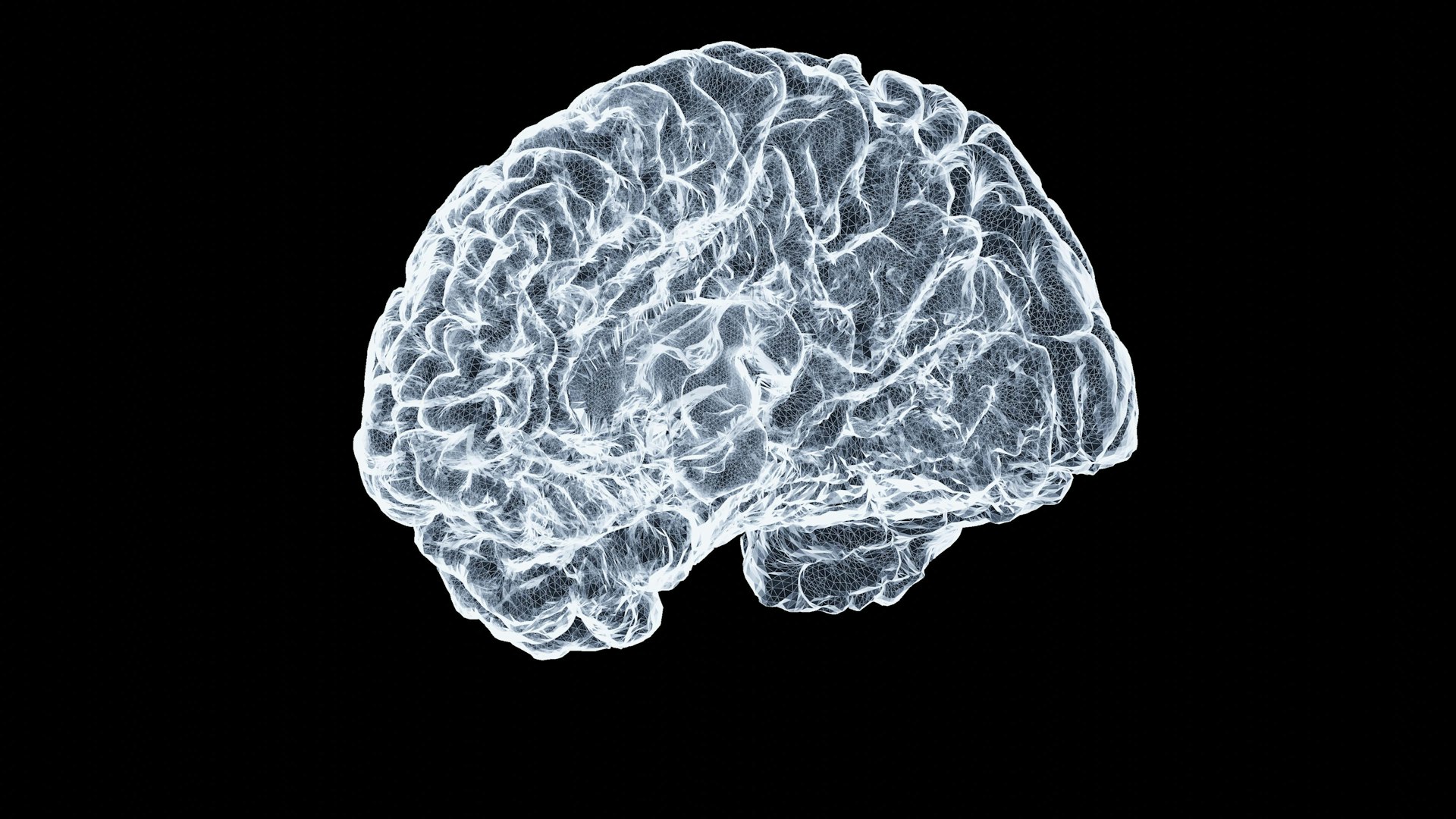Unlocking Lasting Wellness Through Emotional Intelligence: Strategies for Resilience, Connection, and Growth

Photo by Suriya Narayanan on Unsplash
Introduction: The Critical Link Between Wellness and Emotional Intelligence
In today’s fast-paced world, wellness is more than physical health-it’s a comprehensive state that includes emotional, mental, and social well-being. At the heart of sustainable wellness lies emotional intelligence (EI), the ability to recognize, understand, and manage our own emotions, as well as those of others. Research from the Yale Center for Emotional Intelligence highlights that EI is a crucial predictor of overall health, happiness, and professional success [1] . This article unpacks the relationship between wellness and emotional intelligence, providing actionable steps, real-world examples, and guidance for accessing resources to enhance both.

Photo by Markus Winkler on Unsplash
Understanding Emotional Intelligence: The Foundation of Wellness
Emotional intelligence , often referred to as EQ, encompasses four key domains: self-awareness, self-management, social awareness, and relationship management [3] . Developing these competencies is linked with a host of wellness benefits:
1. Improved ability to manage stress and adapt to change 2. Enhanced communication and conflict resolution skills 3. Stronger relationships at work and home 4. Lower risk of disease and mental health challenges
According to the CDC, emotional well-being-rooted in effective emotion management and supportive relationships-can lower your risk of sickness and injury, speed recovery, and foster greater resilience [2] .
Real-World Impact: Emotional Intelligence and Wellness Outcomes
Research consistently confirms that individuals with high emotional intelligence experience better health outcomes, greater work performance, and stronger relationships.
Case Study: Workplace Wellness Organizations implementing emotional intelligence training report reduced stress, improved teamwork, and higher productivity. For example, leaders with high EQ are better equipped to navigate complex team dynamics, foster motivation, and resolve conflicts constructively [3] .
Case Study: Personal Resilience Individuals who practice emotional intelligence skills-such as identifying and expressing emotions, seeking support, and managing reactions-recover faster from setbacks and adapt more positively to life changes [2] .
Actionable Strategies: Building Emotional Intelligence for Wellness
To unlock the full benefits of wellness through emotional intelligence, consider the following step-by-step approach:
- Self-Awareness Recognize and accurately label your emotions. Spend time reflecting on daily experiences and journal your feelings. This increases your ability to understand emotional triggers and patterns [1] .
- Stress Management Develop healthy coping strategies, such as mindfulness, exercise, or deep breathing. Unmanaged stress can lead to physical health problems including high blood pressure and weakened immunity [5] . Consider seeking support from mental health professionals if stress becomes overwhelming.
- Social Awareness Practice empathy by actively listening to others and trying to understand their perspectives. This skill strengthens relationships and improves workplace dynamics [4] .
- Relationship Management Communicate your emotions clearly and respectfully. Address conflicts constructively and seek solutions that benefit all parties. Emotional intelligence training can help teams learn to manage criticism and feedback productively [4] .
For those interested in structured learning, many organizations and academic centers offer evidence-based emotional intelligence training. You can search for “emotional intelligence courses” at reputable institutions or consult your HR department for workplace programs. If you prefer self-study, resources such as HelpGuide’s expert guide to emotional intelligence provide step-by-step advice [5] .
Overcoming Challenges and Building Resilience
Developing emotional intelligence is a lifelong process and comes with challenges. You may encounter resistance to change, difficulty recognizing certain emotions, or struggle to apply new skills in stressful situations. Here are practical solutions:
Challenge: Difficulty identifying emotions. Solution: Use emotion labeling exercises and ask trusted friends or colleagues for feedback.
Challenge: Managing stress reactions. Solution: Practice stress-reduction techniques daily and seek professional guidance if needed.
Challenge: Applying skills during conflict. Solution: Pause before reacting, reflect on underlying emotions, and communicate with empathy.
Alternative approaches include joining support groups, engaging in community wellness programs, or accessing professional coaching focused on emotional intelligence. Searching for “community wellness centers” or “emotional intelligence workshops” in your area may help you find suitable opportunities.
Accessing Resources and Support
Access to resources for improving wellness and emotional intelligence is increasingly available. For workplace settings, consider discussing with your employer the possibility of implementing emotional intelligence training programs or accessing employee assistance programs. In educational settings, school counselors and student support services often provide workshops and counseling focused on emotional well-being.
Online, verified resources include:
- The Yale Center for Emotional Intelligence offers research, tools, and guidance for individuals and organizations [1] .
- The U.S. Centers for Disease Control and Prevention provides actionable advice and educational materials on emotional well-being [2] .
- HelpGuide, a nonprofit health resource, features expert-reviewed guides on emotional intelligence and mental health [5] .
If you are unable to find programs locally, you can search for “emotional intelligence training” or “wellness coaching” through reputable directories such as your health insurance provider or community mental health organizations.
Key Takeaways and Next Steps
Integrating emotional intelligence into your wellness journey offers tangible benefits: reduced stress, stronger relationships, higher resilience, and greater satisfaction in life and work. Begin by practicing self-awareness, managing stress, and seeking out verified resources for ongoing support. Progress may take time, but the rewards-improved health, happiness, and connection-are well worth the investment.
References
- [1] Yale University (2024). Spotlight: What it means to be emotionally intelligent.
- [2] CDC (2024). About Emotional Well-Being.
- [3] ManageMagazine (2024). The 10 Benefits of Emotional Intelligence in the Workplace.
- [4] Continu (2024). 15 Powerful Benefits of Emotional Intelligence Training.
- [5] HelpGuide (2024). Improving Emotional Intelligence (EQ): Expert Guide.
MORE FROM yourscholarshiptoday.com













